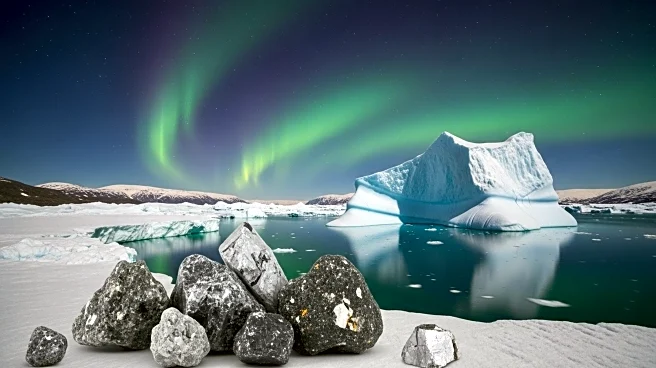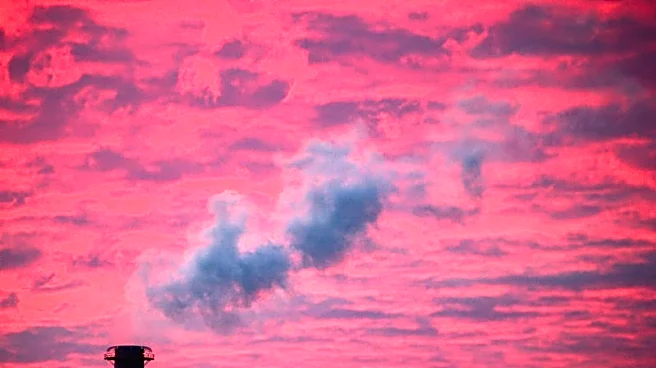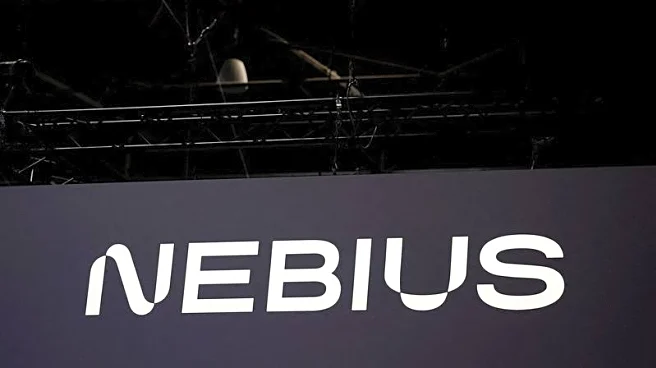What is the story about?
What's Happening?
The Trump administration is exploring the possibility of acquiring a stake in Critical Metals Corp., which is developing the Tanbreez rare earth project in Greenland. This move is part of a broader strategy to secure critical mineral supplies for the U.S. market. The Tanbreez deposit is estimated to contain at least 45 million tonnes of resources, with a significant portion classified as 'heavy' rare earths, essential for applications in clean energy and defense. The project has a projected net present value of $3 billion and an internal rate of return of 180%, with plans to begin production by 2026. The U.S. has previously acquired stakes in other companies, such as Lithium Americas and MP Materials, to bolster its mineral supply chain.
Why It's Important?
Securing a stake in the Tanbreez project could significantly enhance the U.S.'s access to rare earth minerals, which are crucial for various high-tech and defense applications. This move aligns with the U.S. government's ongoing efforts to reduce dependency on foreign sources for critical minerals, particularly from China. The acquisition could also stimulate economic activity and technological advancements within the U.S. by ensuring a stable supply of these essential materials. However, the project faces challenges, including environmental concerns and bureaucratic hurdles, which could impact its development and the broader U.S. strategy for mineral independence.
What's Next?
If the U.S. proceeds with acquiring a stake in the Tanbreez project, it will need to address several challenges, including building a processing facility in the U.S. and navigating Greenland's regulatory environment. The project requires significant investment, estimated at $290 million, to reach commercial production. The U.S. government may need to engage with Greenland's authorities to facilitate the project's development and address environmental concerns. Additionally, the U.S. may continue to seek similar opportunities globally to diversify its mineral supply chain.
Beyond the Headlines
The interest in Greenland's rare earth resources highlights the geopolitical dimensions of mineral supply chains. As countries vie for control over critical resources, the U.S.'s actions could influence international relations, particularly with Denmark, which governs Greenland. The environmental implications of mining in Greenland also raise ethical considerations, as stakeholders must balance economic interests with sustainable practices. Long-term, the development of the Tanbreez project could shift the dynamics of the global rare earth market, impacting prices and availability.
















